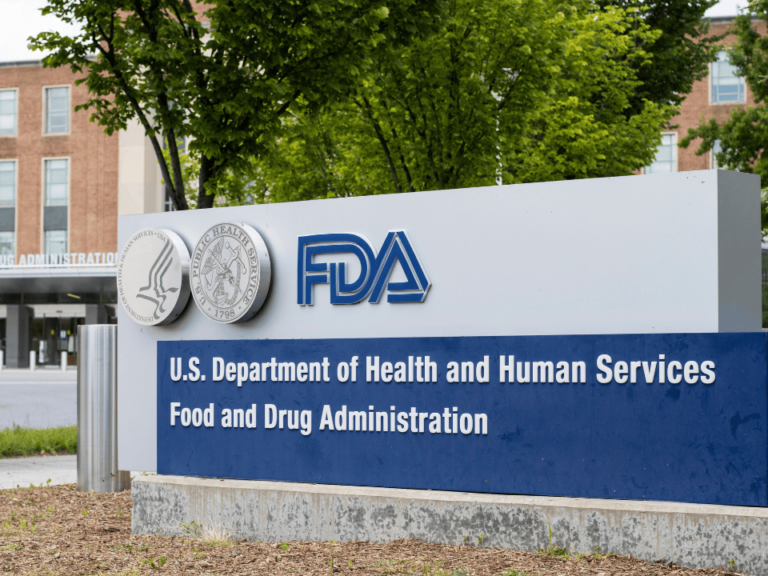A novel study led by Friends of Cancer Research is providing evidence that tumor response rates can be assessed across real-world data sets, bringing regulators one step closer to potentially building a framework for pre-market evaluation of cancer drugs and post-market tracking of drug performance based on real-world endpoints.
To access this subscriber-only content please log in or subscribe.
If your institution has a site license, log in with IP-login or register for a sponsored account.*
*Not all site licenses are enrolled in sponsored accounts.
Login Subscribe
If your institution has a site license, log in with IP-login or register for a sponsored account.*
*Not all site licenses are enrolled in sponsored accounts.
Login Subscribe









